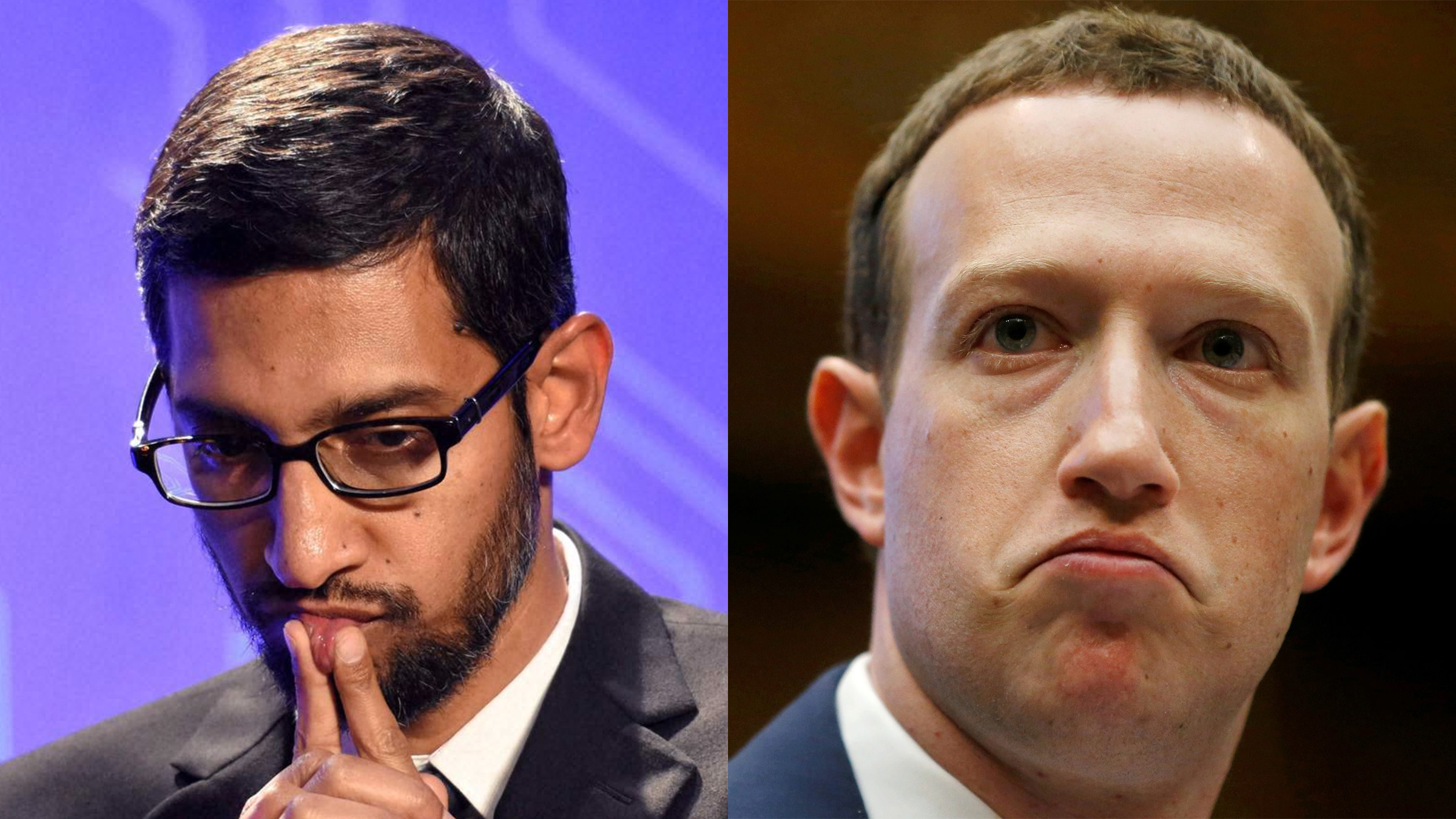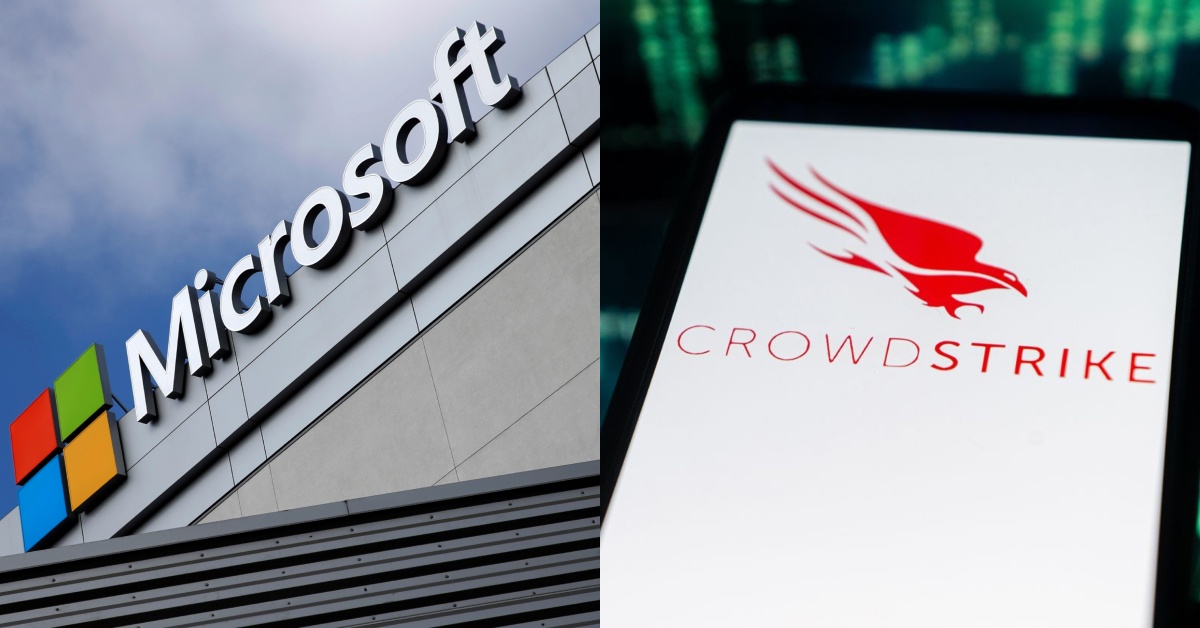Disclaimer: Opinions expressed below belong solely to the author.
When Alphabet’s and Google’s CEO, Sundar Pichai told his employees last month that “having fun shouldn’t always equate to money” and called for a 20 per cent improvement in company’s productivity, it must have been a rather rude awakening for all of the participants.
It was, however, only an echo of the words of Meta’s founder and CEO, Mark Zuckerberg, who castigated his troops in July, announcing that the company will begin prioritising work more “ruthlessly”, and that some of its employees “might decide that this place isn’t” for them.
Recent reports suggest that as many as 12,000 — or about 15 per cent of all — could be on the chopping block this year.
For years, Silicon Valley giants have wooed talent with swanky offices, flexible working conditions, food, gyms, on-site childcare, and international travel for the select ones.
This largesse, however, appears to have now led to a wake-up call for thousands in Big Tech, as their leaders are threatening cuts — not only to perks, but to headcount itself — and demand more work (as if the terms of employment have suddenly changed).
A Fish Rots from the Head Down
It’s hard to imagine anything more irresponsible than a CEO of an established company to come out swinging at his own people.
Pichai and Zuckerberg have clearly buckled under pressure and instead of looking at their own performance, decided to thoughtlessly unload it on their workforce.
But who is guilty of squandering US$10 billion on pursuing a pipe dream of the metaverse and yet having nothing to show for it? Yes, perhaps there are unproductive people in Meta’s ranks — lazy, lacking creativity, and simply wasteful — but who was responsible for the project in the first place?
After all, Mark Zuckerberg appears to have sacrificed leadership of Facebook to focus on the metaverse and all that he presented elicited widespread mockery:

And after Reality Labs — the section responsible for it — lost US$2.8 billion in the second quarter, he now suggests many may not belong at Meta? Well, perhaps if he had done his job properly, it wouldn’t be a problem. How much money must one lose to realise the idea isn’t working?

Alphabet’s case is perhaps even more egregious, as the trillion-dollar company is far better established than Facebook is, but it seems eager to backpedal on its commitments and shift the burden on employees at the very first whiff of a possible economic downturn heading our way.
Doesn’t it remind you of when it dropped “don’t be evil” from its motto? Now we know what this extra flexibility was needed for.
Personally, I have no idea what 174,000 people it employs are actually doing there (21 per cent of whom were employed in the last year alone), considering that its business model is almost entirely the same as it was 20 years ago. It seems to me that its leadership has now noticed that as well; but then again, who fuelled this hiring spree in the first place?).
Alphabet itself was born in 2015, promising to explore new projects, taking Google under its wing as merely one of the subsidiaries.

Seven years later, however, it has pretty much nothing to show for itself. So little, in fact, that founders Brin and Page decided to step down and made Pichai the CEO of both companies in 2019, tacitly admitting their own defeat.
The captain goes down with the ship
The problem is not the predicted recession, nor disengaged, incompetent workforce, but rather, poor management which has wasted years of booming growth in a near-monopolistic position both companies occupy in their key markets.
Pichai himself admitted that the business has become slower and more bureaucratic after taking on thousands of new employees, but it doesn’t seem to me that he knows how to handle any of it, choosing to speak of how “we” should be doing something, avoiding direct responsibility for change:
We want to make sure as a company, when you have fewer resources than before, you are prioritising all the right things to be working on, and your employees are really productive that they can actually have impact on the things they’re working on so that’s what we are spending our time on.
– Sundar Pichai, CEO of Google
Doesn’t he sound more like a politician than a business executive?
You can’t spend years spoiling your employees, talking up your great working culture, and then change the rules of the game when you get cold feet about potentially turbulent future.
In fact, it is when you expect a crisis that you should prove to your people that you’re with them through thick and thin, and have prepared for the downturn, instead of asking them to take a hit for the company.
Neither Google nor Facebook are growth startups, which typically operate at a loss, fuelled by external capital, and saving money may be a do-or-die for them. When you have billions sitting in the bank, and your executives enjoy multimillion-dollar salaries, you don’t ask foot soldiers to suffer for them.
It’s a fundamental failure of leadership, which may sink the reputation of both giants — and their business may, ultimately, follow.
Featured Image Credit: AP/Reuters








